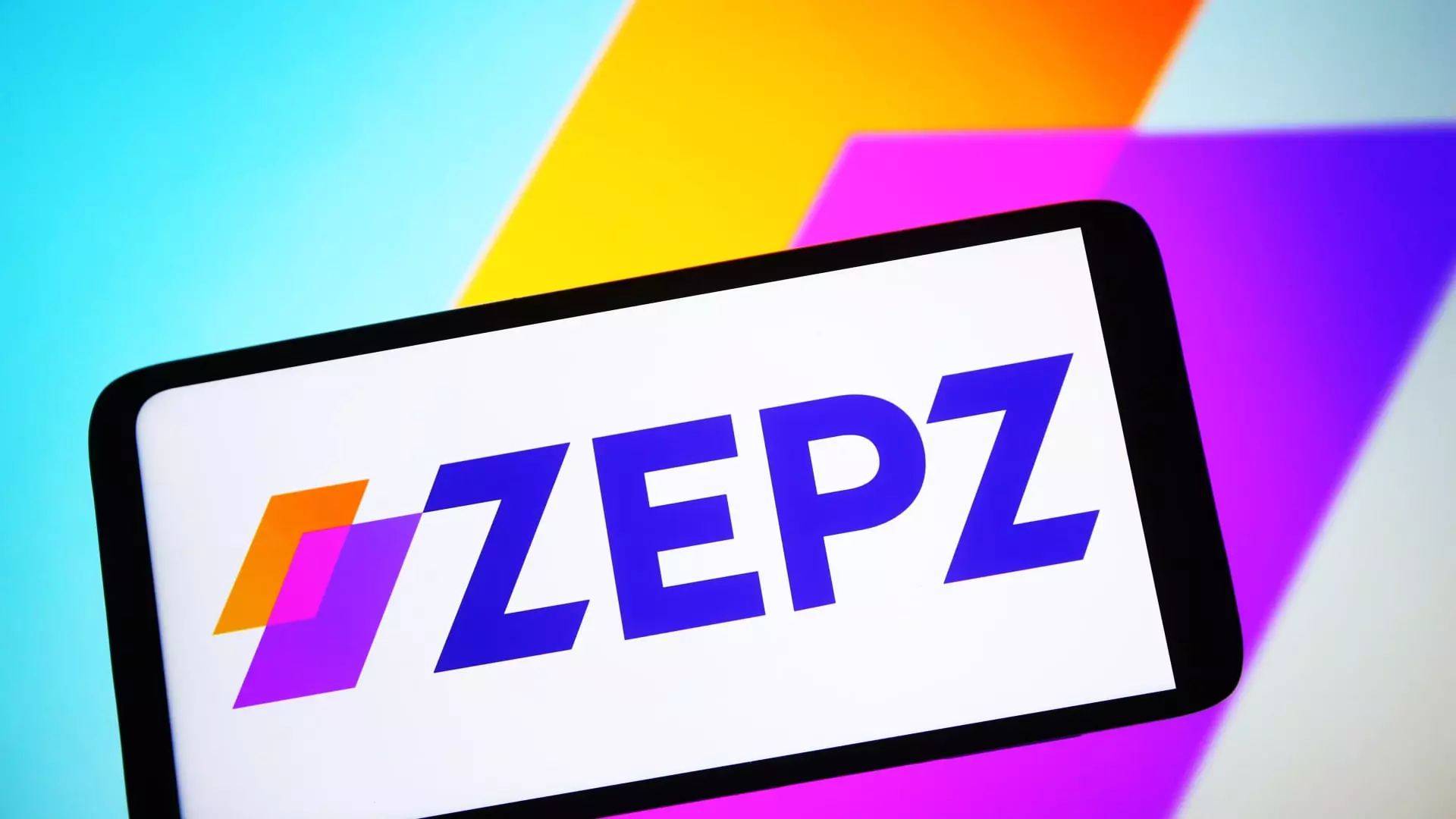In a significant shift, the fintech company Zepz, previously known as WorldRemit, is facing challenging times as it begins to cut its workforce and close operations in key markets. Following the acquisition of Sendwave, Zepz rebranded, integrating new business streams into its operations. However, the company is now aiming to improve its financial sustainability by laying off approximately 200 employees, equating to around 20% of its global workforce, which stood at 1,000 as of January this year. The decision to downsize facilities, particularly in Poland and Kenya, reflects a strategic pivot shaped by recent economic pressures and operational adjustments.
Zepz’s workforce reduction seems largely influenced by advancements in automation and artificial intelligence (AI). In an email to CNBC, a company representative indicated that these technological upgrades had diminished the requirement for certain operational roles, particularly in IT functions like software engineering and database administration. This move is part of Zepz’s broader strategy to optimize its business processes while retaining focus on long-term growth objectives. CEO Mark Lenhard acknowledged the gravity of the decision, highlighting the inherent conflicts of pursuing organizational efficiency while impacting employee livelihoods.
Such transformations often lead to mixed reactions. On one side, the push for technological integration is crucial for remaining competitive in the rapidly evolving fintech landscape. Conversely, such a strategy raises questions about job security for existing employees and the overall impact on workplace morale. For startups and established firms alike, these dilemmas can be particularly challenging, especially in an industry as dynamic and competitive as financial technology.
The decision to reduce staff doesn’t merely reflect financial metrics; it embodies a significant human cost as well. Employees whose roles are affected must grapple with uncertainties regarding their future and financial stability. Anonymized sources within the company indicated that the new layoffs were part of ongoing redundancy measures, suggesting that this is not an isolated incident but rather a trend within the company. Previously, Zepz had laid off over 400 employees earlier in 2023, signaling a recurring theme of necessary cutbacks.
The dual narrative present in Lenhard’s memo—where the well-being of employees is weighed against the necessity of restructuring—highlights the complexities leaders face when making hard choices. The CEO’s admission that these are not just impersonal numbers but rather “friend’s lives” places a human element back into corporate communications, yet it also underscores the disconnect that can breed discontent among workers left behind.
Despite the current restructuring, Zepz professes a commitment to its mission of aiding immigrants and enhancing service delivery. However, as the company engages in these painful adjustments, its reputation and previous accolades as a fintech pioneer may be jeopardized. Competition is stiff in the digital payments space, with major players like PayPal, Wise, and Revolut constantly evolving to capture market attention.
The potential timeline for Zepz’s initial public offering (IPO) remains unclear, adding pressure to showcase consistent growth against the backdrop of its current plight. While investor confidence persisted as recently as a $267 million funding round, sustained financial health in an industry that thrives on innovation necessitates agility and smart operational decisions moving forward.
Zepz’s situation encapsulates a broader narrative of struggle within the fintech realm, where innovation must continuously be balanced with sustainable growth. The company’s efforts to harness AI and automation may offer paths to increased efficiency, but the simultaneous layoffs reveal an ongoing tension between technology and human capital. As Zepz navigates this challenging landscape, the future will depend not only on the decisions made today but also on the impacts and responses of its workforce and customer base tomorrow. With every transition phase, the complexities of growth, innovation, and empathy will illuminate the way forward—shaping not just the fate of Zepz but of the broader fintech industry as well.

